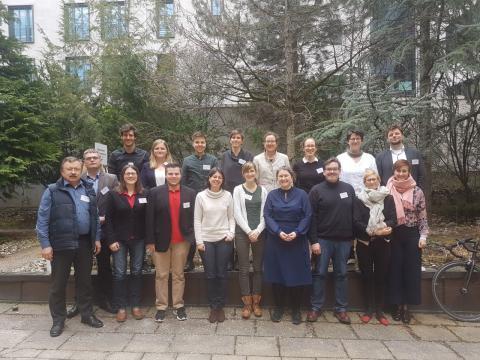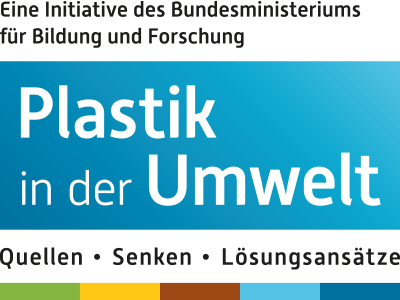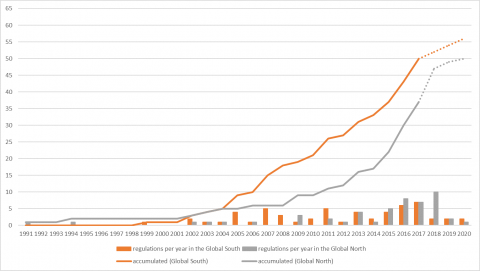Social sciences
Developing Countries in the Lead – What Drives the Diffusion of Plastic Bag Policies?
In this article, the authors analyze the diffusion patterns of plastic bag bans and plastic bag taxes in the Global South and Global North to contribute to the further refinement of diffusion theory by specifically addressing the under-researched Global South.
Introductory and Networking Meeting „Social and Political Dimensions of Plastics in the Environment“
Introductory and Networking Meeting „Social and Political Dimensions of Plastics in the Environment“
On March 27, 2018 around 20 social scientists, all being involved in one of the research projects of the BMBF research programme “Plastic in the Environment”, met to network and discuss future possibilities to increase the visibility of the social and political dimensions of plastics in the environment.






